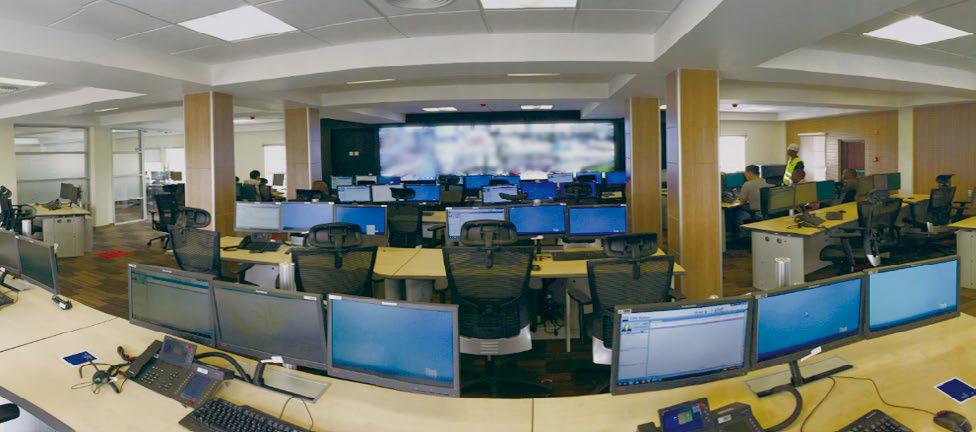
In the midst of growing cyberattacks, Huawei Technologies has unveiled its latest cyber security service aimed at the Kenyan private and public sectors, deepening the usage of cloud storage solutions and artificial intelligence technologies.
The new service, dubbed Ransomware Protection 2.0, is intended to handle fast expanding future technologies such as cloud, Internet of Things (IoT), and artificial intelligence (AI).
According to Huawei Kenya CEO Gao Fei, all of these trends indicate that cyber security concerns are increasing. He emphasized that maintaining a secure ICT environment is critical for the country to benefit from the expansionary economic impact of ICT.
“The ICT sector is growing rapidly, it is important to ensure that every business’ systems are working well without facing malicious threats, such as ransomware, that disrupt day to day operations and bring real financial costs,” said Gao.
Cloud storage services are used by about 40% of public sector businesses, while at least 68 percent of private sector organizations have embraced the cloud.
READ ALSO: Hackers Access AT&T email Accounts to steal Cryptocurrency
Technology is now everywhere, with every organization thinking about how to collect and use data to their advantage; indeed, data is now a crucial input fueling our economy and society.
As a result of so many services increasingly collecting data and relying on data for important applications, data storage requirements are expected to skyrocket.
It has become difficult to handle vast amounts of data efficiently, maintain OnDemand mobility of data, turn data into gold, and protect our data all at the same time.
If data is worth as much as gold, it must be safeguarded.
Kenya still faces a significant threat from ransomware attacks, which have increased dramatically in recent years. Ransomware attacks, by a type of malicious software that encrypts the victim’s data and demands a ransom for its decryption, are especially on the rise.
Speaking at the event, Andrew Opiyo, Director ICT at the Ministry of Information, Communication, and Digital Economy, stated that as digital transformation and data growth accelerate in Kenya, the country faces a significant threat from ransomware attacks which have increased dramatically in recent years.
The necessity for strong cyber security protection has become even more critical as a result of recent moves to deploy 25,000 Wi-Fi hotspots and digitize government services, among other things.
“We need to pay more attention to ransomware and other cyber-attack mechanisms and adopt necessary solutions to prevent additional attacks,” he added.
According to a recent report by Kaspersky, Kenya recorded 32.8 million ransomware attacks in the first half of 2021, making it one of the most targeted countries in Africa.
Hence there is a need to have solutions, such as Huawei’s Ransomware protection, which helps to prevent such attacks from happening.


